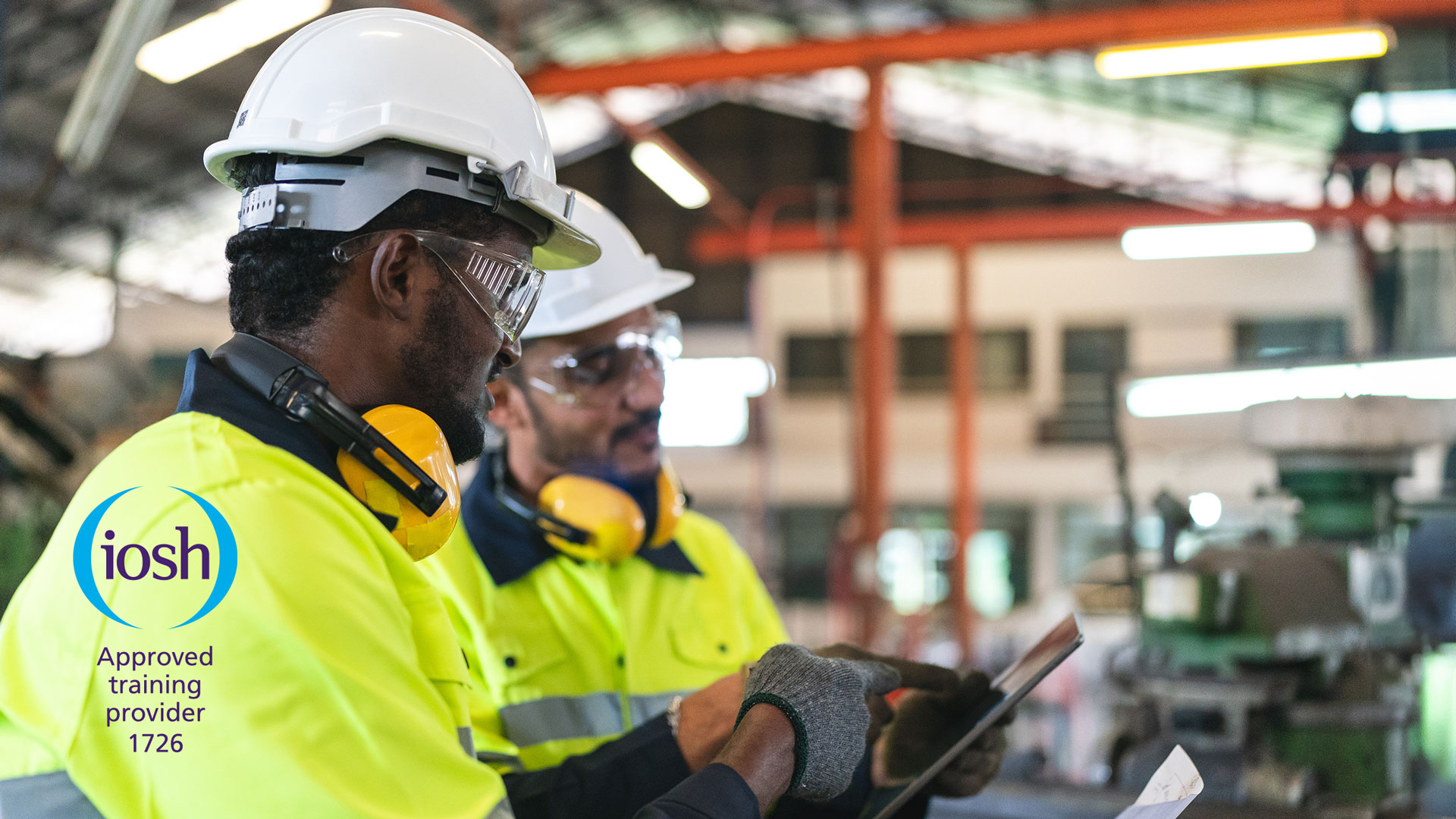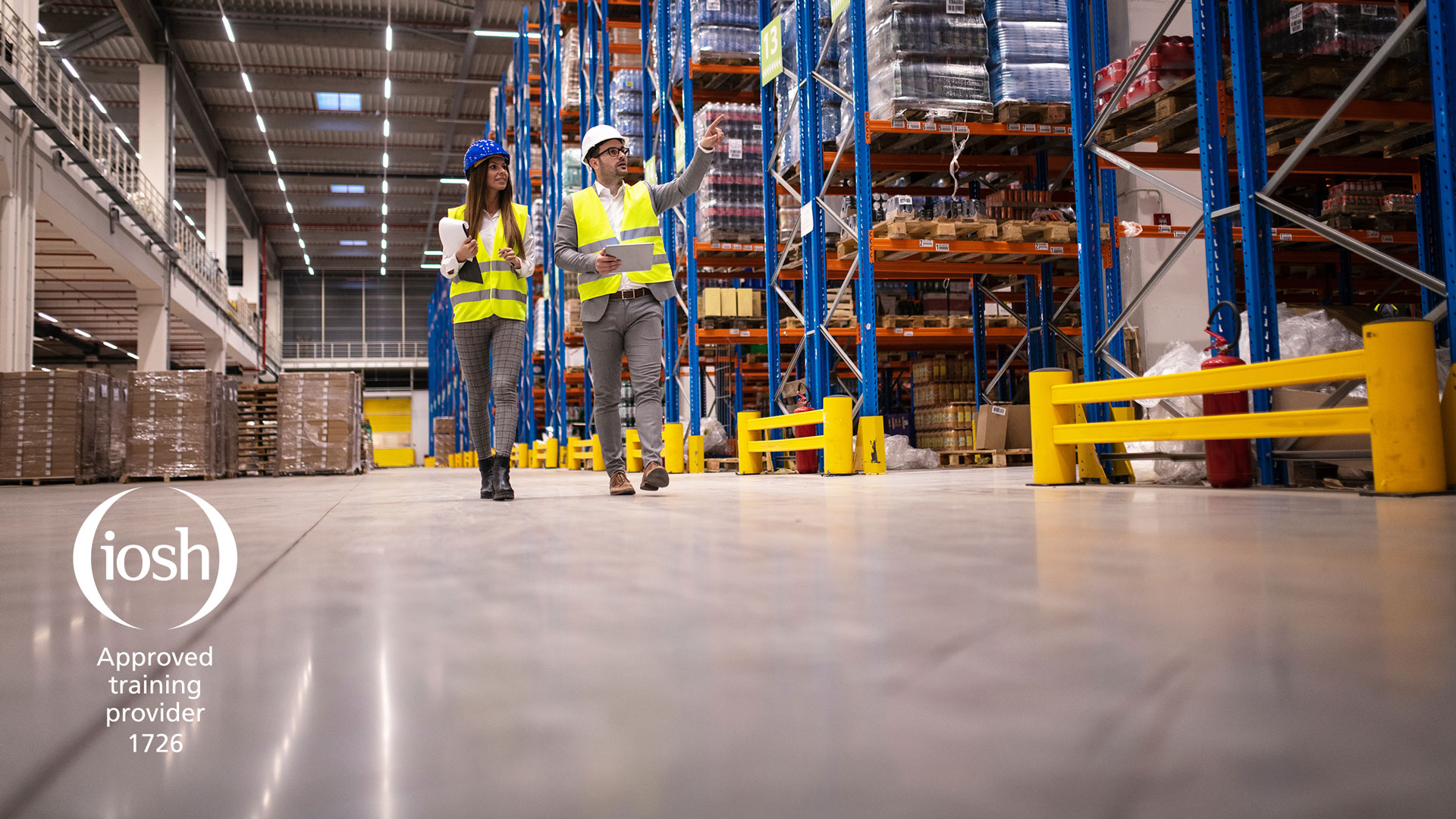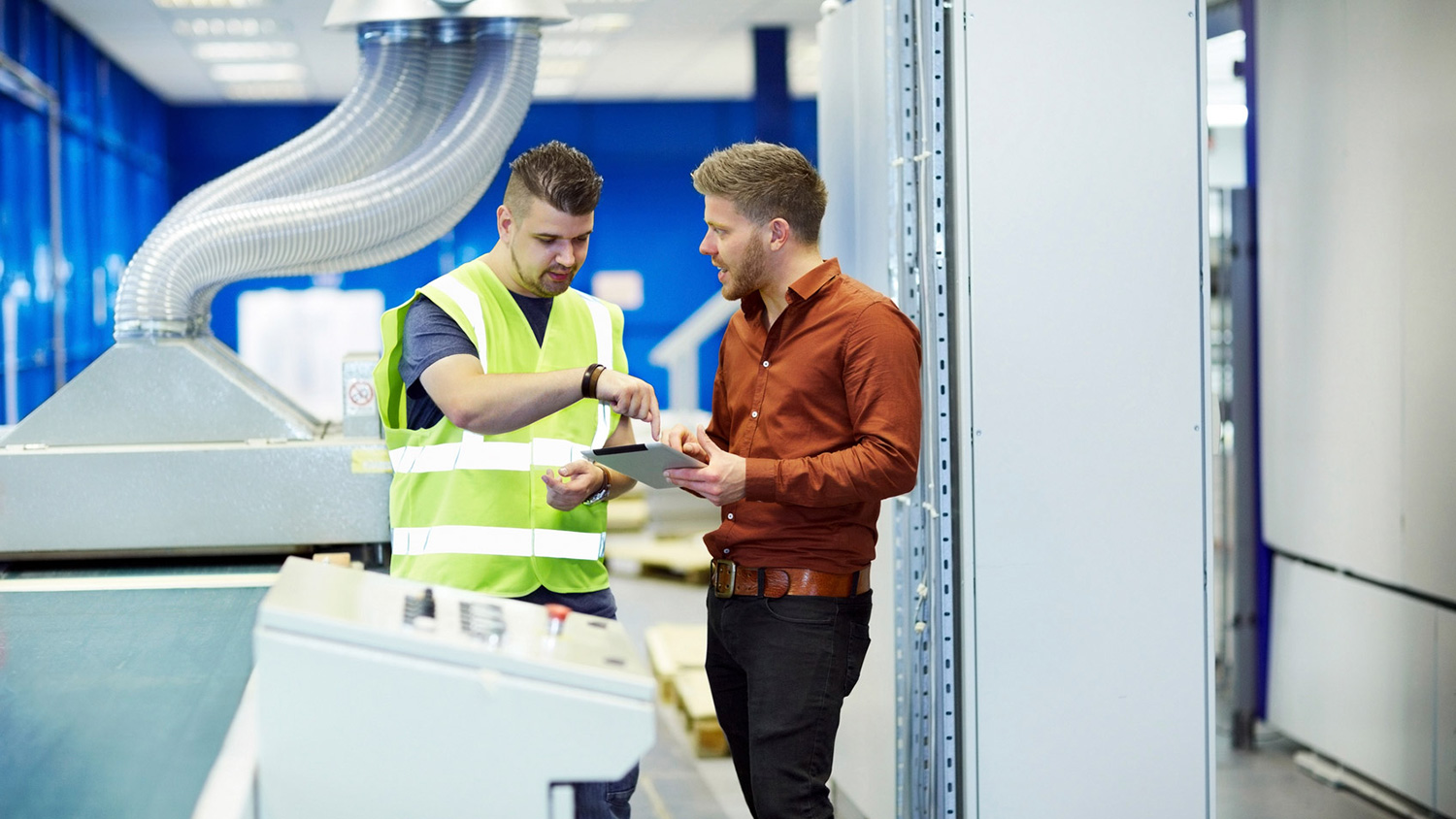As more businesses start to reopen, the Health and Safety Executive (HSE) is working with local authorities to carry out spot checks and inspections .
The reopening of the economy means that the opportunity for COVID-19 to spread is increased substantially, so it is critical that businesses shouldn’t become complacent - they still need to have COVID-secure measures in place.
The HSE is calling and visiting all types of businesses, in all areas, to check the measures they’ve put in place to manage the risk from Coronavirus are in line with the current guidance. This includes businesses that have continued to operate throughout the pandemic, those that have recently reopened and those due to open in the coming weeks.
During spot checks and inspections, the HSE provides guidance and advice where required, but where businesses aren’t managing the risk, action will be taken. This can range from the provision of specific advice, issuing enforcement notices and stopping certain work practices until they are made safe. Where businesses fail to comply, this could lead to prosecution.
The COVID-secure measures businesses should have in place include:
- Risk assessment: every workplace should have a COVID-19 risk assessment. Update it to reflect any changes in legislation or guidance that may impact your work activity.
- Social distancing: where possible you should keep people two metres apart. If this is not viable, keeping one metre apart with risk mitigation, such as screens, is acceptable.
- Cleaning, hygiene and handwashing: keeping your workplace clean reduces the potential for coronavirus to spread. It is a critical part of making and keeping your business COVID-secure.
- Ventilation and air conditioning: can help reduce the risk of spreading Coronavirus.
- Talk to workers: provide information about providing support and maintaining control measures.
- Working from home: provide the equipment workers need, keep in regular contact and discuss their wellbeing.
- Vulnerable workers: talk to staff, provide information and consider the risk to workers who are particularly vulnerable to coronavirus – putting controls in place to reduce that risk.
Angela Storey, Director of Transformation and Operational Services at HSE, said:
“As we come out of lockdown, we are continuing to work with local authorities to check businesses are COVID-secure and providing guidance and advice where needed.
“Our spot checks and inspections support the cross-government work in helping employers and employees that have worked throughout the pandemic and those returning as lockdown measures ease. All workplaces are in scope for spot checks, which means businesses of any size, in any sector, can receive an unannounced check from the HSE or an inspection from the local authority, to check they are COVID-secure.
“If you are contacted by the HSE or your local authority, please engage with us. By checking businesses have measures in place to manage the risks, we can benefit the health of local communities as well as support the local and national UK economy.”
HSE inspectors have the following powers:
- To enter premises.
- Inspect and investigate.
- Take measurements, samples and photographs.
- Require an area or machine to be left undisturbed.
- Seize, render harmless or destroy dangerous items.
- Obtain information and take statements.
- Impose a fee for intervention.
Ensure your workplace is safe by following the guidance on being COVID-secure. Further information on spot checks and inspections is available on the HSE website.
You may also be interested in
RELATED CONTENT
RELATED COURSES

Introduction to health and safety gives learners a basic introduction to managing safety in their workplace.

The world’s best-known health and safety certificate, designed for managers and supervisors in any sector or organisation.

IOSH Working Safely is a one-day introductory health and safety training course for people at any level, in any sector.

IOSH Managing Safely Refresher is designed to provide continued support to managers dealing with workplace health and safety issues.

Health and safety at work is a serious business; getting it wrong could end up costing someone their life. It stands to reason that there should be so...

The legal term ‘reasonably practicable’ plays a crucial role in determining the level of care and precautions required in different areas of law, such...

Vicarious liability can be a formidable challenge for employers, causing responsibility to extend beyond the individual and creating shared accountabi...

Although we are edging closer to spring, many of us are still being affected by wintery weather and the shorter daylight hours. So, what can you do to...